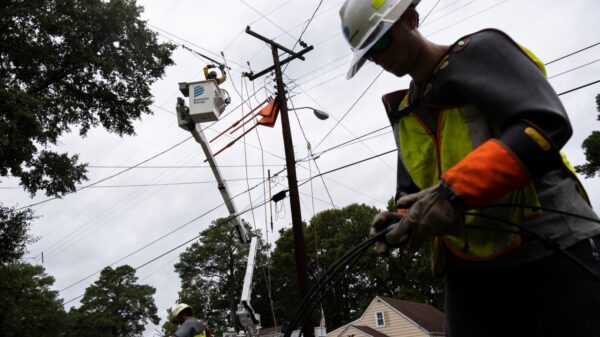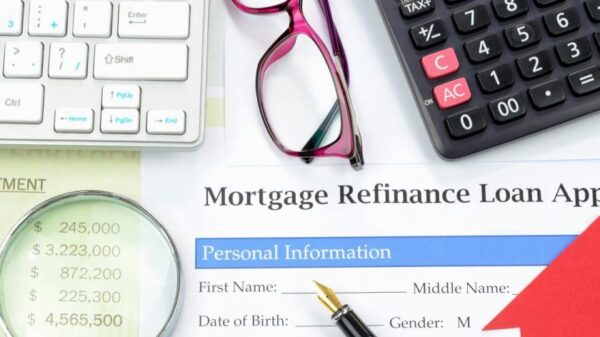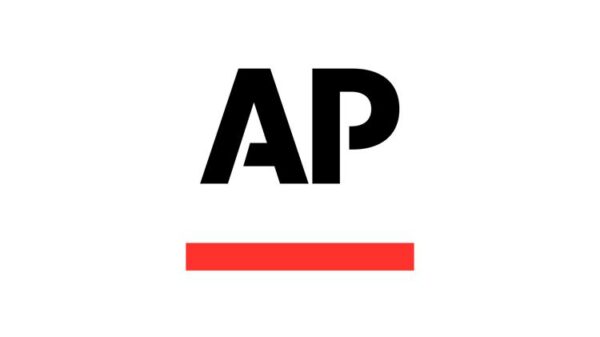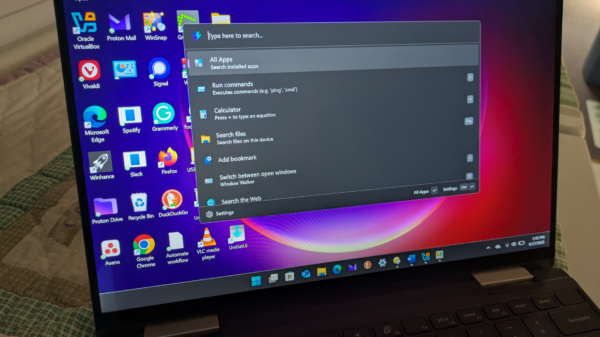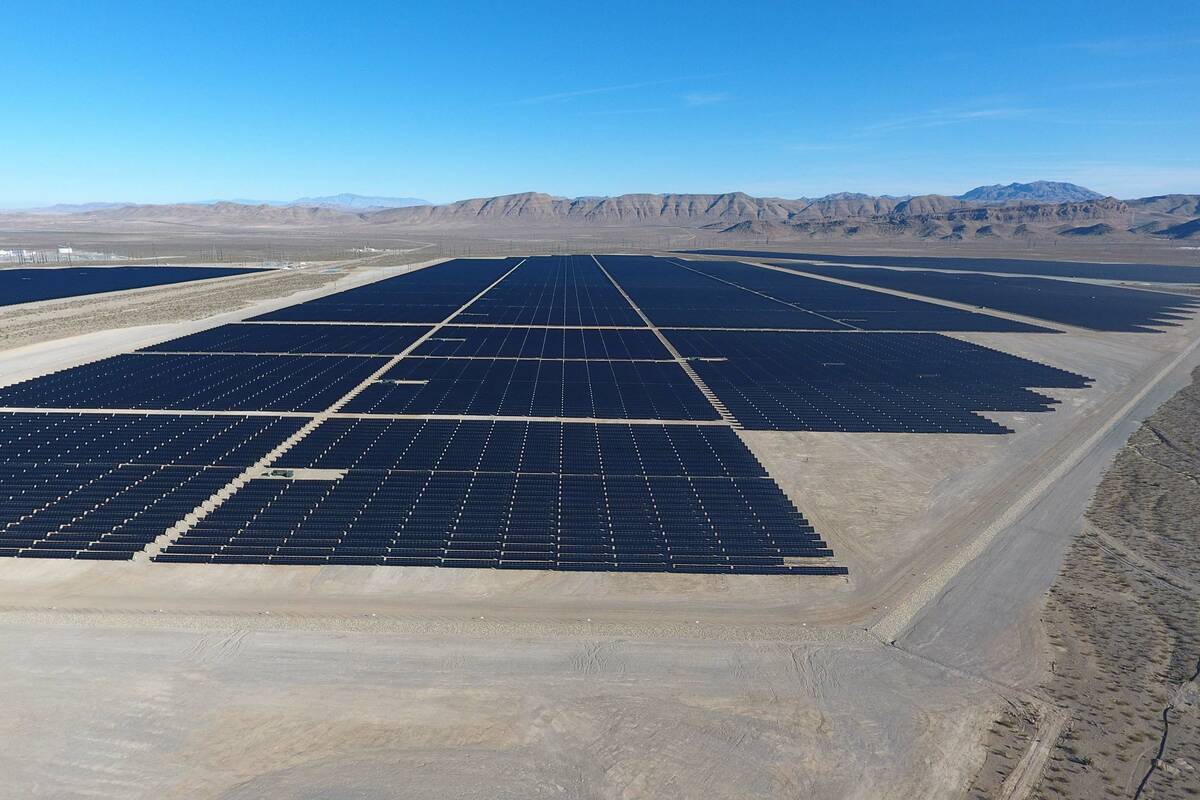The Public Utilities Commission of Nevada is facing criticism for its decision to approve NV Energy’s request to implement demand charges on residential customers, a move that could significantly impact the state’s rooftop solar industry. This new charge is set to increase costs for solar users, raising concerns among homeowners who rely on solar energy for their electricity needs.
Homeowners with rooftop solar systems currently sell excess power back to NV Energy at a rate of 8 cents per kilowatt hour. In turn, NV Energy sells that power to its other customers for 14 cents per kilowatt hour. The proposed demand charge will calculate peak demand based on usage at night when solar panels are not producing energy. Critics argue that this approach disproportionately affects solar users, especially when overall demand on the grid is lower during those hours.
According to a recent communication from NV Energy, customers can expect their bills to rise by approximately $12 per month, amounting to a 62 percent increase. This change could extend the payback period for solar installations from an estimated eight or nine years to as long as 15 years.
The implications of these changes have raised questions about the future of solar investment in Nevada. As tax benefits for solar installations come to an end and the projected savings diminish, many potential investors may reconsider the viability of rooftop solar systems.
Critics of NV Energy’s policies contend that the utility company is taking steps that discourage solar adoption. The new demand charges could be seen as part of a broader trend to limit the growth of renewable energy sources in favor of traditional energy models.
With these developments, homeowners and advocates for solar energy in Nevada are left to ponder the long-term sustainability of their investments. As costs rise and incentives diminish, the question remains: who will be willing to invest in rooftop solar under these new conditions?

















